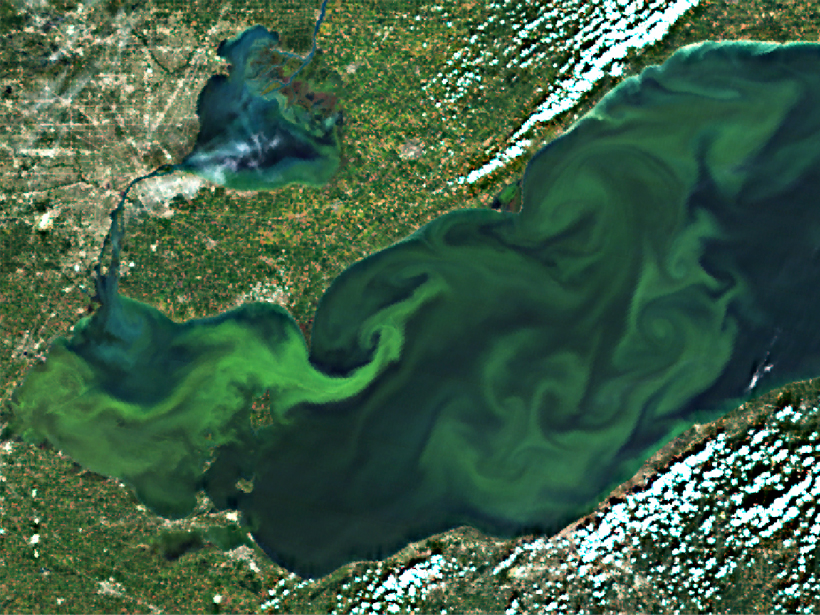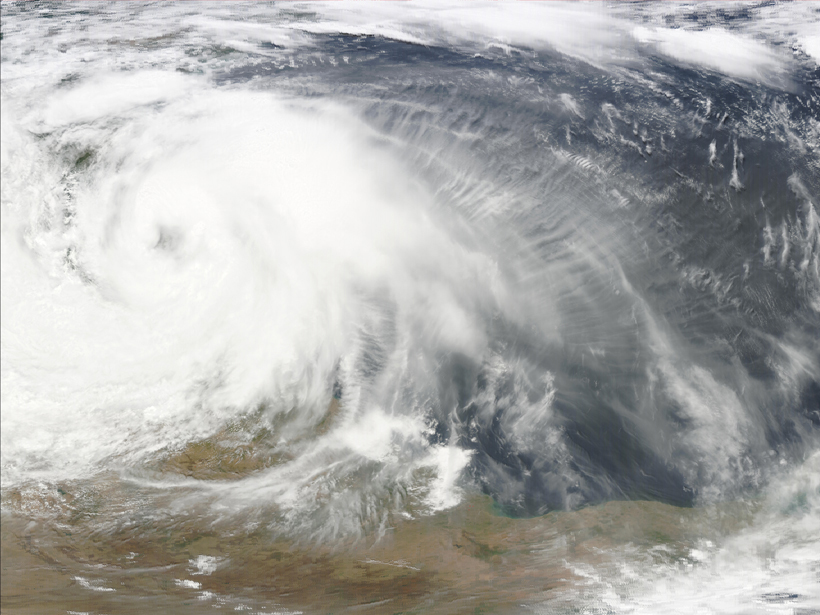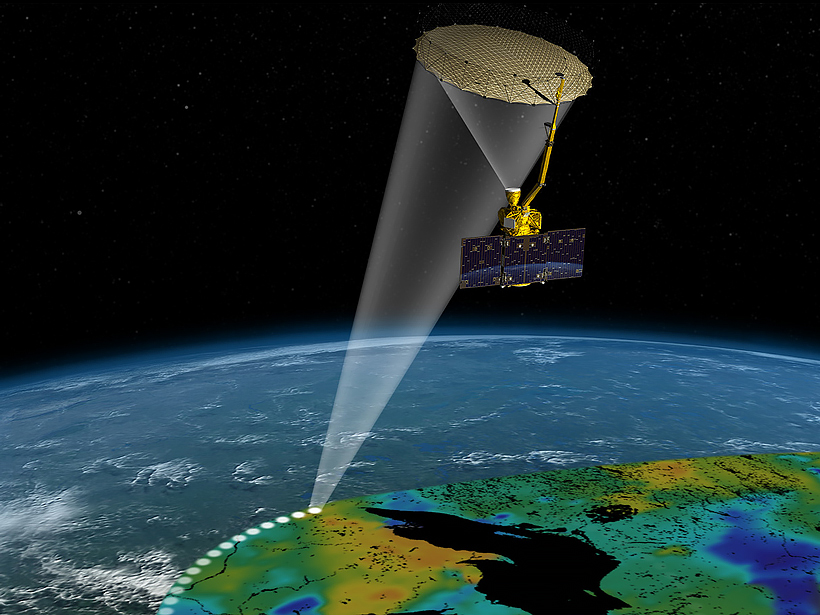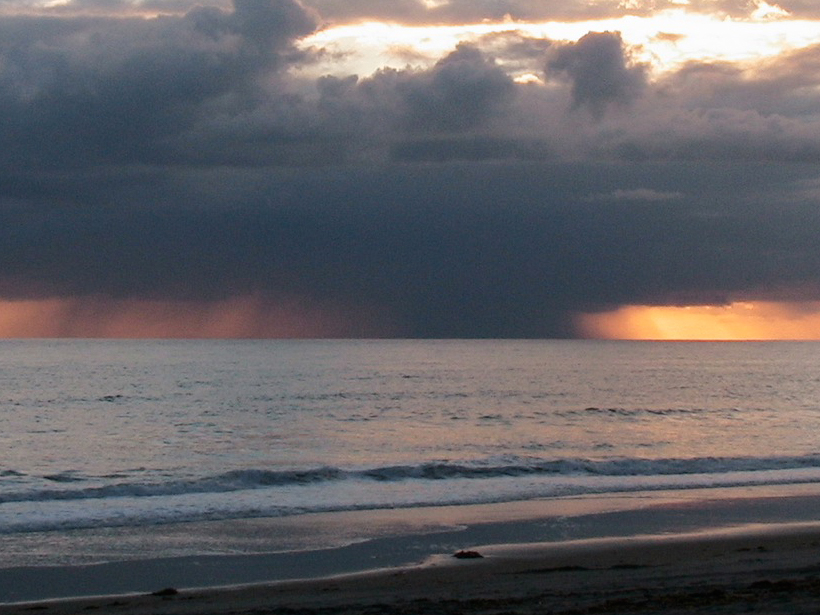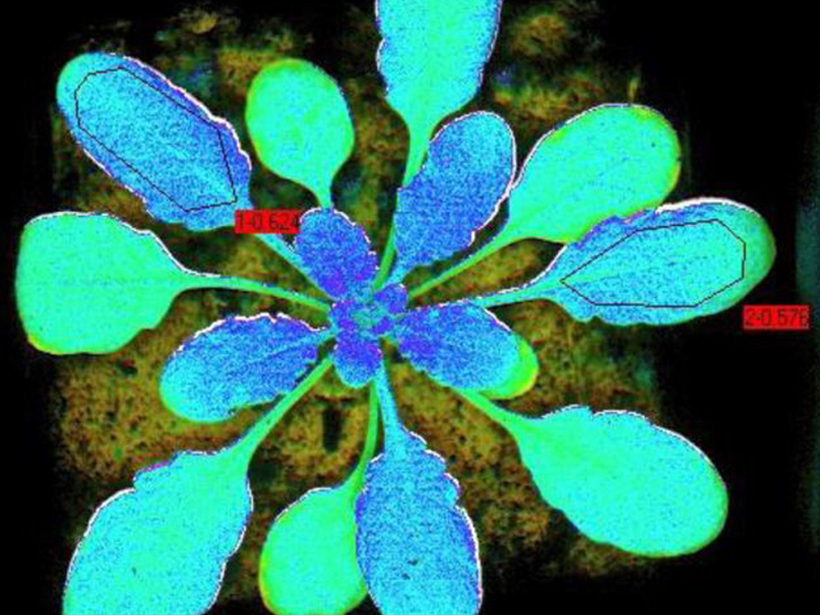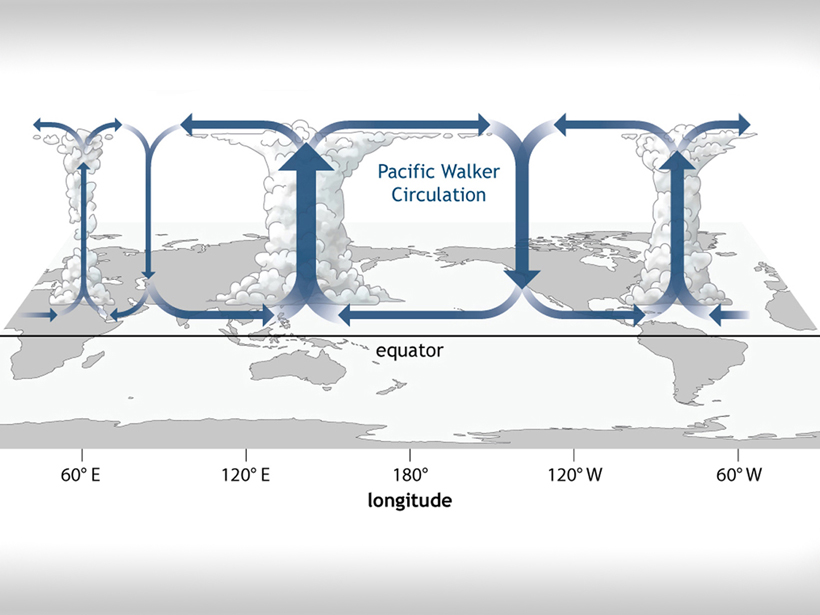An integrated, holistic approach to detecting and characterizing cyanobacteria blooms could reduce human health risks and better direct field resources.
remote sensing
Tropical Deforestation Accelerated Faster Than Initially Thought
New satellite-based analysis of forest cover in the humid tropics from 1990 to 2010 contradicts previous estimates of rate of loss.
Urbanization Affects Air and Water in Italy's Po Plain
Satellite and ground-based measurements show a correlation between urban growth and increased levels of pollutants.
Night Lights Illuminate Human Presence near Rivers
Nocturnal satellite imagery and other fine-scale data could improve global water resources management.
Data for All: Using Satellite Observations for Social Good
The satellite and science communities must engage with stakeholders to identify priorities and capabilities, enabling the most beneficial use of abundant satellite sensing data.
Satellite Data for Water Resources Management
2015 NASA Applied Sciences Program, Water Resources Team Meeting; College Park, Md., 3–4 March 2015
Cool Downdrafts in Large Thunderstorms Captured by Satellite
Orbiting scatterometers can reveal patterns of cool air in mesoscale convective systems.
Reduced Middle East Air Pollution Linked to Societal Disruption
Invasions, armed conflict, sanctions, and economic distress correlate with cleaner air in high-resolution satellite data that reveal air quality at the individual city level.
Airborne Sensor Can Track Photosynthesis Efficiency
Remote estimation of fluorescence emitted by plants can indicate variations in photosynthesis performance.
Rethinking How Tropical Convection Works
Researchers look at previous Walker circulation models and ask, Does damping truly matter?

